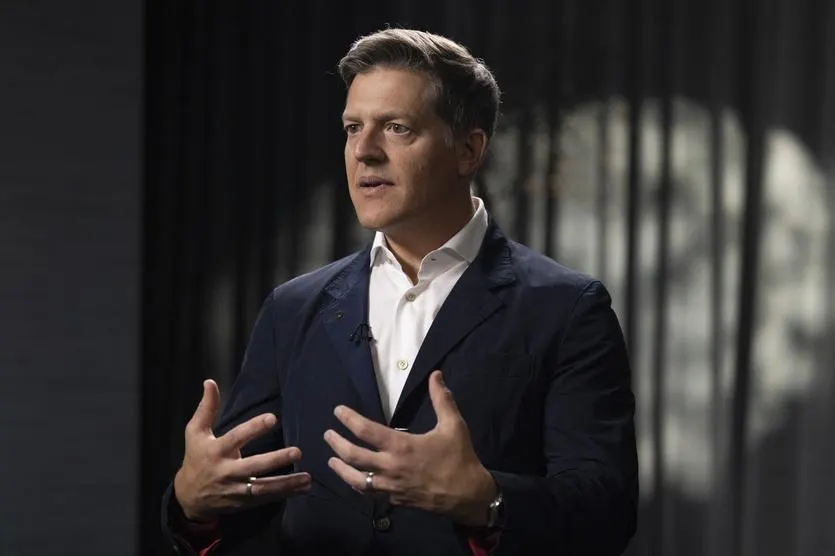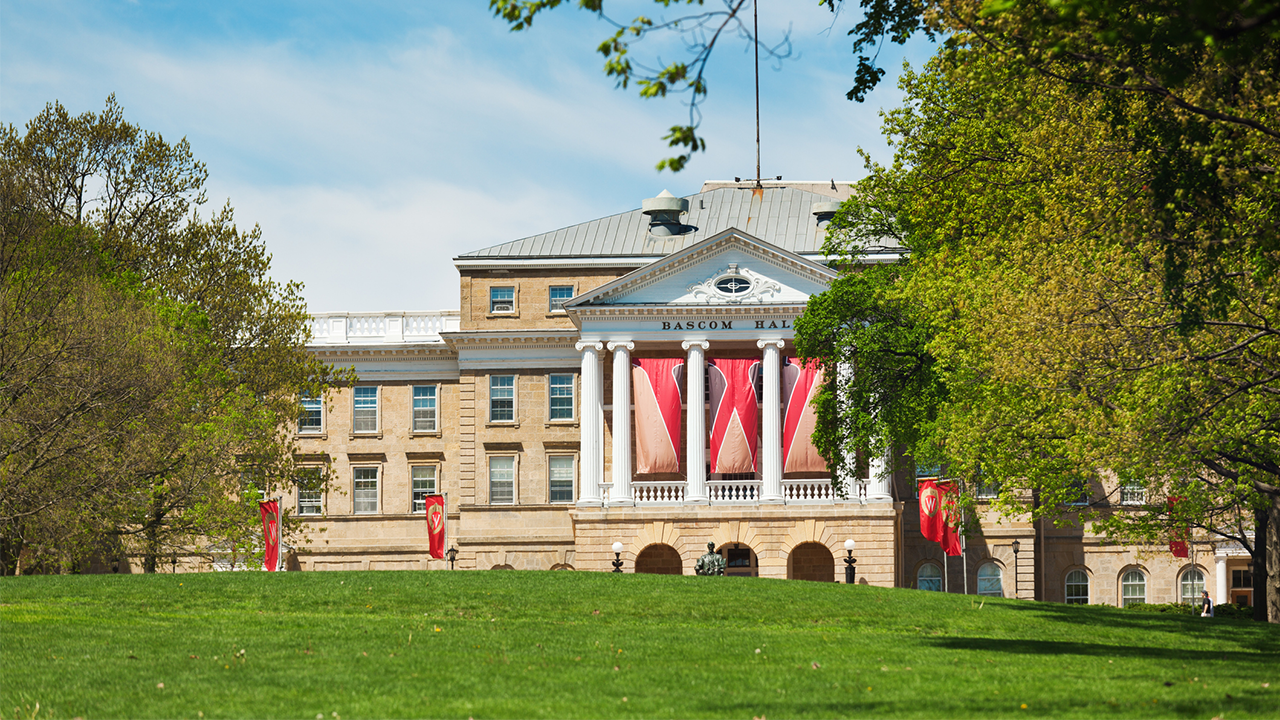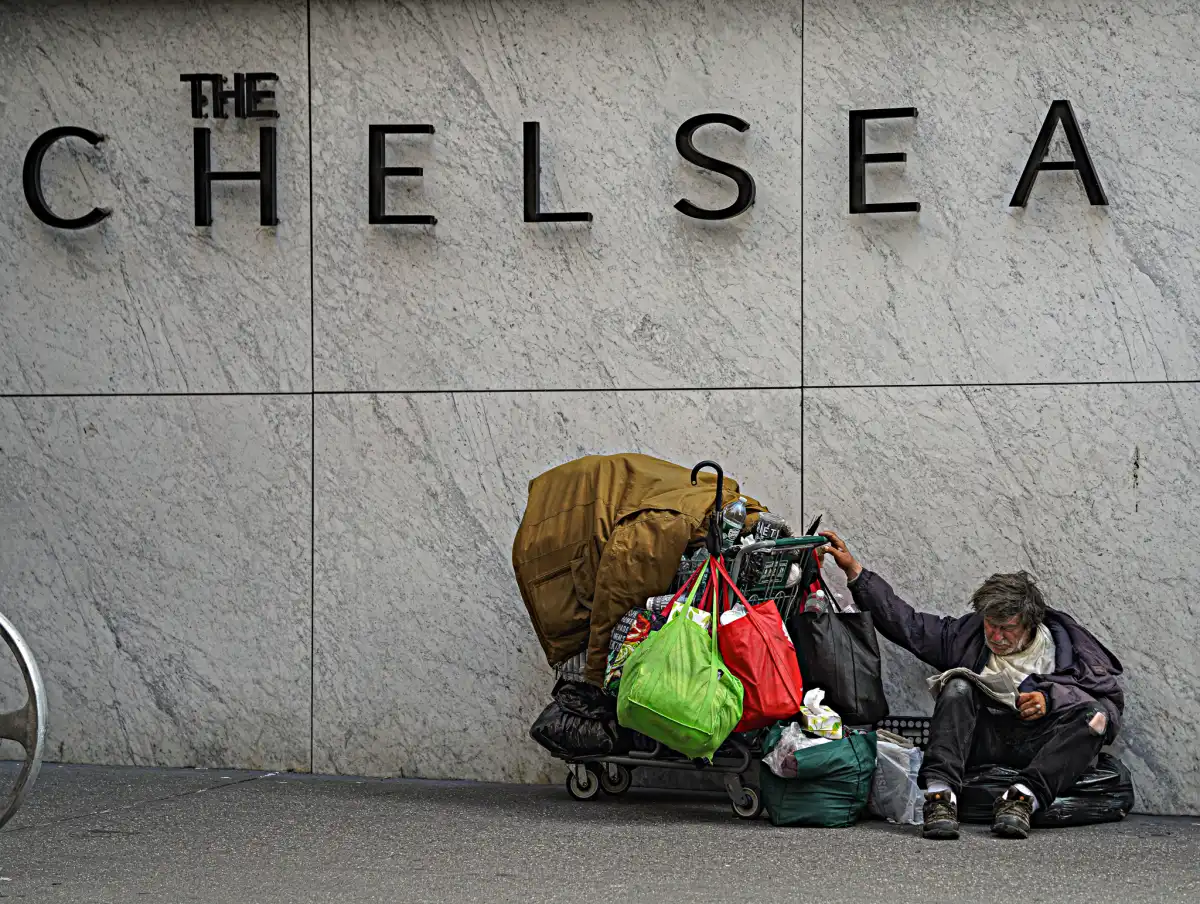Copyright Forbes

Sequoia Capital’s managing partner Roelof Botha is stepping down after three years that tested the very foundations of one of Silicon Valley’s most powerful venture firms. Botha’s tenure began in 2022 with optimism and continuity, but his period at the helm was soon defined by a string of crises. The firm’s decision to retreat from China and India amid growing U.S. regulatory pressure was seen as necessary but costly. Then came a leadership dispute with former Sequoia partner Michael Moritz over a board seat at Klarna, exposing cracks in what was once regarded as venture capital’s most disciplined partnership. It was this summer’s controversy, however, that truly destabilized Sequoia’s image. More from Forbes: Sequoia Capital COO Quits After Partner’s Tweet About Zohran Mamdani. A Summer of Controversy and Reputational Fallout When partner Shaun Maguire posted inflammatory comments on social media about New York mayoral candidate Zohran Mamdani, Sequoia’s refusal to take disciplinary action triggered an exodus of goodwill. Chief operating officer Sumaiya Balbale, a practicing Muslim, resigned in protest, and major investors questioned whether Sequoia’s internal culture still reflected their values. In my Forbes analysis, “Sequoia Capital’s High-Stakes Gamble With Its Limited Partners,” I reported that several U.S. public endowments and education unions publicly called on the universities of California and Michigan to review their investments in Sequoia. Those institutions had collectively invested in nearly fifty of the firm’s funds. Their concern was not only reputational but fiduciary, highlighting how tolerance of bigotry could conflict with the ethical investment frameworks many large institutions now follow. MORE FOR YOU More from Forbes: 1,000 Founders Demand That Sequoia Capital Partner Is Reprimanded. Growing Tensions With Investors For Sequoia’s sovereign wealth fund investors in the Gulf, the fallout was equally problematic. These funds, which have become some of the largest backers of global venture capital, often emphasize integrity and inclusion as part of their national branding. Maguire’s remarks and Sequoia’s silence undermined those principles, raising doubts about whether the firm’s commitment to “institutional neutrality” had come at too high a price. Botha’s insistence on defending partners’ right to “free speech” rather than issuing a formal apology left Sequoia caught between ideological purity and practical consequences. The firm’s reputation as a values-driven, founder-first investor took a visible hit. What had once been a model of partnership unity became a public lesson in how quickly prestige can turn to exposure. Lin and Grady Face a Rebuilding Job Alfred Lin and Pat Grady, Sequoia veterans with more than two decades of combined leadership experience, now take over as co-stewards. Lin has led early-stage bets on companies such as Airbnb and DoorDash, while Grady has guided growth investments in OpenAI and ServiceNow. The pair inherits a firm that remains financially strong but reputationally weakened. Rebuilding investor confidence will be their first test. Sequoia’s long-term success has always rested on trust, between partners, founders, and limited partners. After this summer, that trust will not be automatic.



